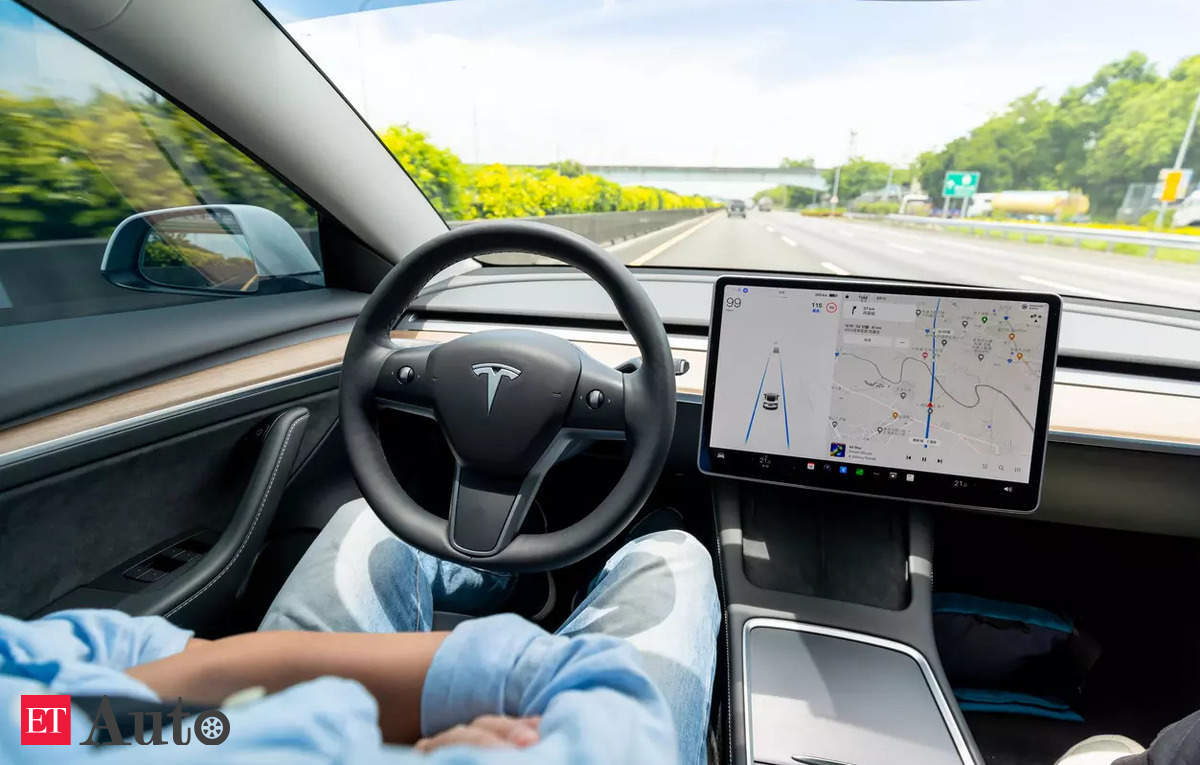China has granted approval to a first group of nine automakers to carry out tests on vehicles with advanced autonomous driving technologies on public roads, as part of a plan to accelerate adoption of self-driving cars.
The tests of so-called level three autonomous driving technologies will be carried out by automakers including BYD and Nio, as well as major state-owned manufacturers such as Changan Automobile, GAC and SAIC, according to a statement published by the industry ministry on Tuesday.
Fleet operators such as ride-hailing companies will also be involved in the tests.
The auto industry has defined five levels of autonomous driving, spanning driver assistance features such as cruise control at level one to fully self-driving cars at level five.
China issued the guideline of the nationwide scheme last November to start accepting applications from companies that seek to roll out more fully autonomous driving vehicles for mass adoption.
In the plan, drivers in the test vehicles are allowed to take their hands off the steering wheels, with automakers and fleet operators taking responsibility for safety.
The ministry said the trial would pave way for further commercialisation of more advanced autonomous driving technologies, without elaborating. Automaker executives said it was a step closer to allowing level three vehicles to be sold to, and used by, individual buyers and fleet operators.
At least 10 automakers and suppliers including Huawei and Xpeng have been offering level two autonomous driving capabilities in China, which still require an attentive driver with hands on the wheel.
Tesla is also preparing to deliver its “Full Self-Driving” (FSD) software to Chinese users within the year, Reuters has reported. FSD is also a level-two system but Tesla CEO Elon Musk has said more fully autonomous vehicles are close.





